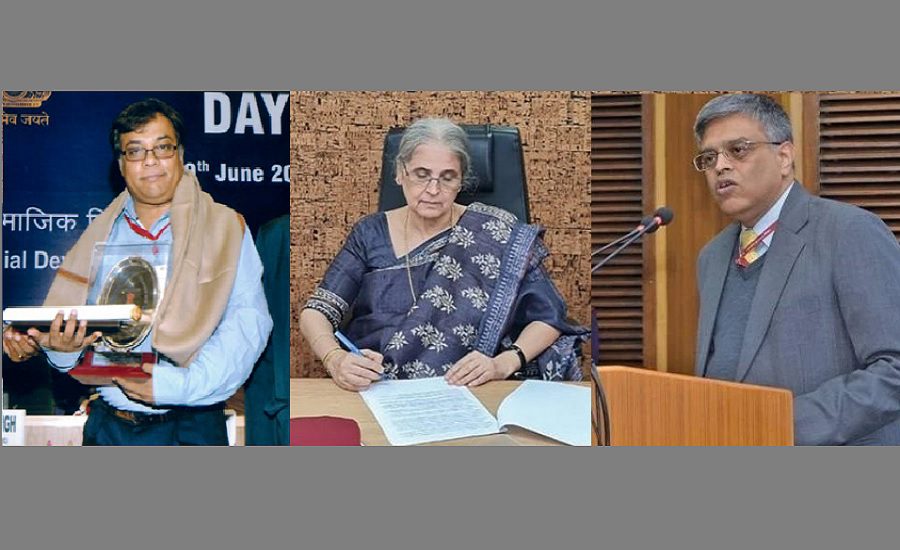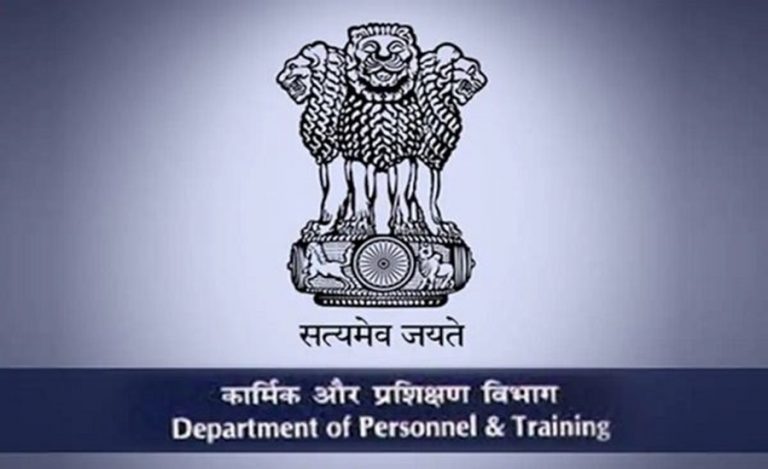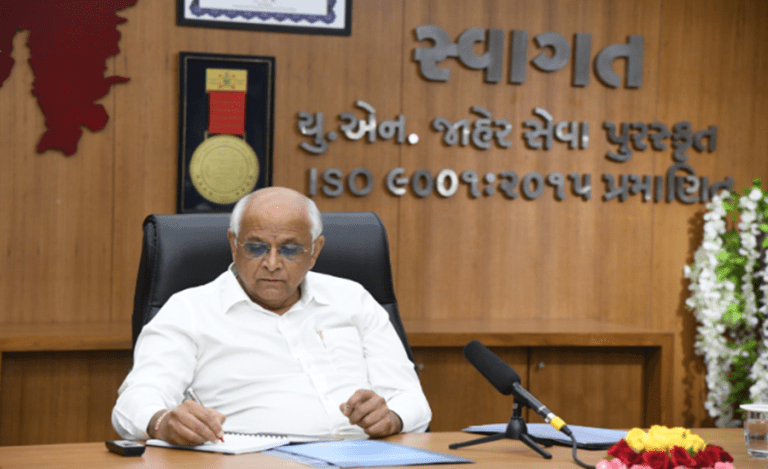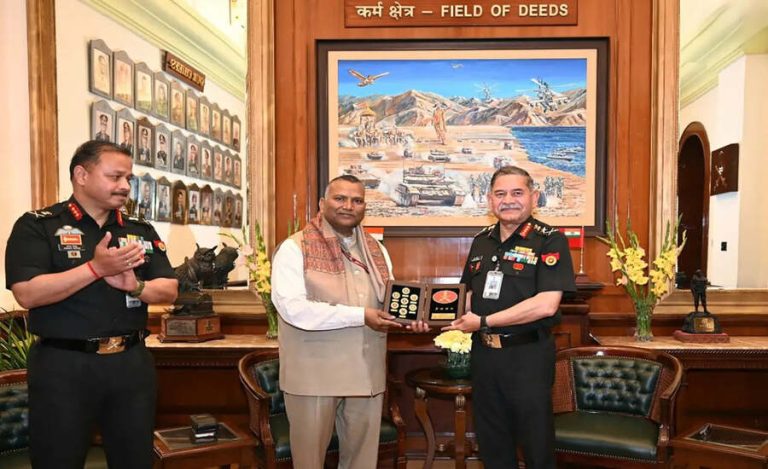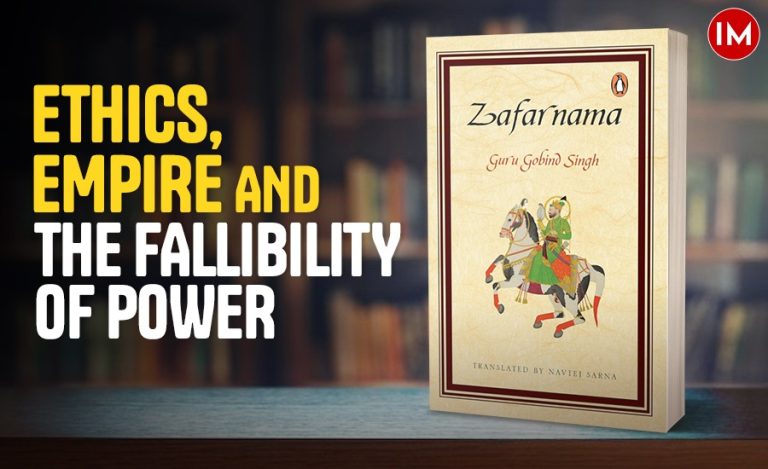Bhopal/New Delhi: In a significant move for millions of central government employees and pensioners, the Central Government has formally approved the formation of the 8th Central Pay Commission. Former Supreme Court judge Justice Ranjana Prakash Desai has been appointed as the Chairperson of the Commission. The Union Cabinet has also approved the Terms of Reference (ToR) for the Commission, marking the official beginning of the 8th Pay Commission process.
Key Appointments in the 8th Pay Commission
Alongside Justice Desai, the Commission will include Professor Pulak Ghosh as a part-time member and IAS officer Pankaj Jain as the Member-Secretary. With these appointments, the Commission is set to evaluate and recommend revisions in pay, allowances, pensions, and other benefits for central government employees and pensioners.
Union Minister Ashwini Vaishnav stated that the recommendations of the 8th Pay Commission will benefit approximately 5 million central government employees and 6.9 million pensioners across the country.
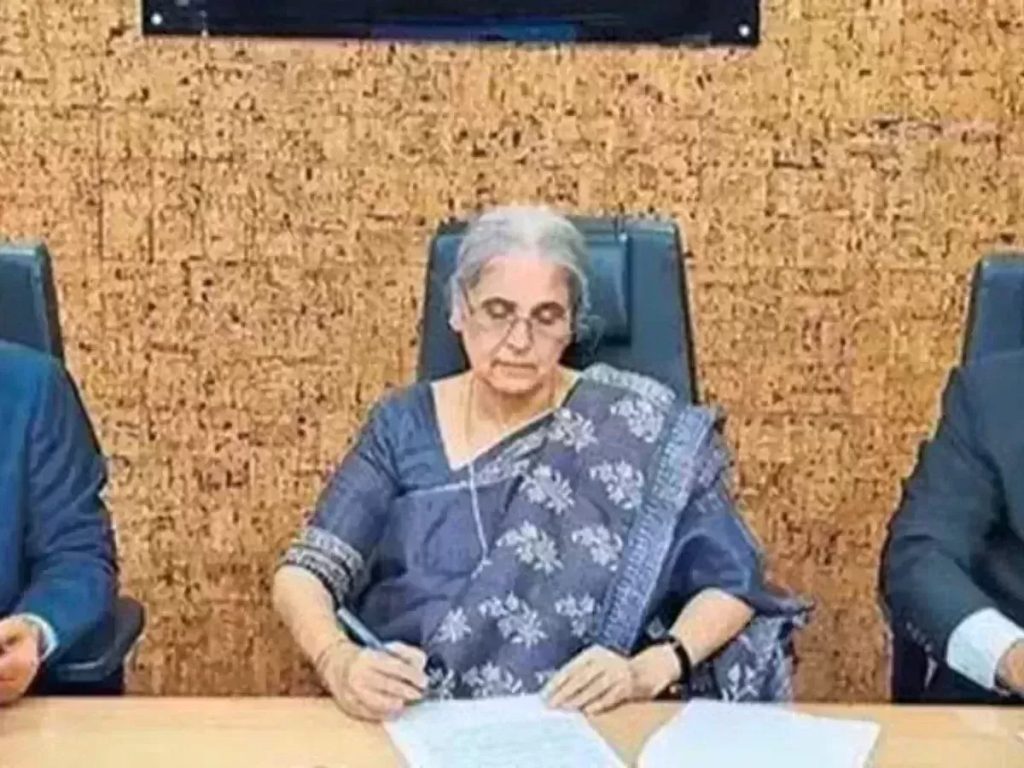
About Justice Ranjana Prakash Desai
Justice (Retd.) Desai (b. October 30, 1949) is a distinguished former Supreme Court Judge of India and the recently appointed Chairperson of the 8th Central Pay Commission. She has held numerous high-profile judicial and administrative roles and is recognized for her integrity, impartiality, and administrative expertise.
Education & Early Career: She earned a BA from Elphinstone College (1970) and an LLB from Government Law College, Mumbai (1973). She began her legal career practicing with her father and under Justice Pratap. She also served as Public Prosecutor at Bombay High Court and Special Public Prosecutor for preventive detention cases.
Judicial Career:
- Bombay High Court (1996): Elevated to the Bench after serving as government pleader and public prosecutor.
- Supreme Court of India (2011–2014): Fifth woman to be appointed as a Supreme Court Judge; notable for protecting individual rights. In 2013, she formed a rare all-woman bench with Justice Gyan Sudha Misra.
Post-retirement Roles:
- Chairperson of Press Council of India (PCI, 2022) – first woman to hold the position
- Chairperson of Appellate Tribunal for Electricity (APTEL) and Authority for Advance Ruling (AAR)
- Headed the Delimitation Commission for Jammu & Kashmir (2020–2022)
- Chaired expert committees on Uniform Civil Code for Uttarakhand (2022) and Gujarat (2025)
Led the Lokpal Selection Committee search panel
Justice Desai’s career reflects a pioneering role in the judiciary and governance, combining legal expertise with strong administrative leadership, making her a fitting choice to head the 8th Pay Commission.
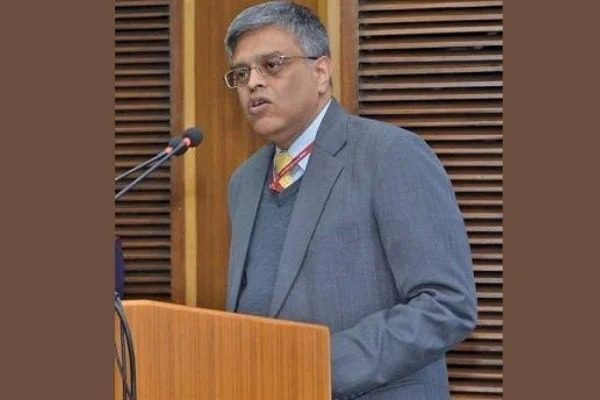
About IAS Officer Pankaj Jain
Mr Jain (b. December 28, 1965) is a 1990-batch IAS officer of the Assam-Meghalaya cadre, currently serving as Secretary, Department of Petroleum & Natural Gas and formerly as Additional Secretary, Department of Financial Services, Ministry of Finance, Government of India.
An alumnus of Shri Ram College of Commerce (B.Com.) and FMS Delhi (MBA), he is also an Associate of the Institute of Cost Accountants of India. Fluent in Assamese, Bengali, Hindi, and English, he has extensive administrative experience at both the state and central levels.
At the state level, he has served as District Magistrate of Shillong and Tura and held various roles in state secretariats and corporations covering Power, Planning, IT, Livelihood Promotion, and Industries. At the central level, he was Director in the Ministry of Micro, Small and Medium Enterprises. He also worked with the Department for International Development (DFID) as Governance Adviser and Senior Program Manager.
His professional interests include Intellectual Property Rights, having collaborated with UNIDO on an IPR guide for the Indian toy industry. He has also consulted for the Commonwealth Secretariat and the Asian Productivity Organisation on IT adoption by SMEs in India and Bangladesh.
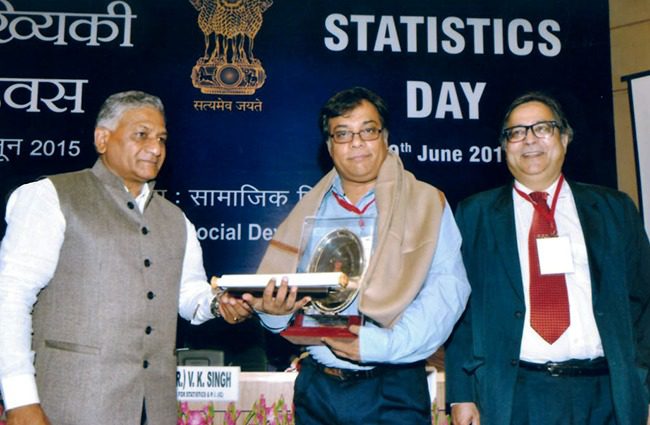
About Professor Pulak Ghosh
Professor Ghosh is a part-time member at IIM Bangalore with expertise in technology, AI, finance, development policy, and social value creation. Known as a “Tech Economist,” he specializes in data science and AI, advising on policy and financial economics. He has contributed to major government initiatives, including PM-KISAN, and has served on the Prime Minister’s Economic Advisory Council.
Professor Ghosh has held faculty positions at Georgia State University and Emory University in the US, and he continues to consult for corporations and government organizations.
His accolades include the Prof. C.R. Rao National Award in Statistics, the Prof. P.C. Mahalanobis Memorial Award in Econometrics, and recognition as one of the “Top 10 Most Influential Analytics Leaders” (2015). His core expertise spans:
Artificial Intelligence (AI)
- Big Data
- Fintech
- Financial Economics
He is widely recognized for applying digital intelligence and data science to policymaking, bridging technology and economic development.
What is the 8th Pay Commission?
The 8th Pay Commission is an ad-hoc constitutional body tasked with reviewing salaries, allowances, and pensions of central government employees. Traditionally, Pay Commissions are constituted every ten years to ensure that compensation aligns with inflation, economic development, and employee requirements.
- Formation: January 2025
- Report Submission: Within 18 months
- Expected Implementation: January 1, 2026
The 7th Pay Commission had been implemented on January 1, 2016, making the next revision due in 2026.
Timeline and Implementation
The Commission is required to submit its report within 18 months of formation. The government expects to implement the recommendations from January 1, 2026. The 8th Pay Commission will evaluate:
- Country’s economic situation and fiscal prudence
- Adequacy of resources for welfare and developmental programs
- Costs of non-contributory pension schemes
- Impact on financial health of state governments
Comparative analysis of central PSUs and private sector pay and benefits
Why the 8th Pay Commission is Important
Central government employees and pensioners have been awaiting revisions for years. Rising inflation and the cost of living have made pay revisions essential. The 8th Pay Commission is expected to bring financial relief, enhance employee morale, and strengthen administrative efficiency.
Union Minister Ashwini Vaishnav emphasized that, under Justice Ranjana Prakash Desai’s leadership, the Commission’s recommendations would be balanced, transparent, and equitable, benefiting all stakeholders.
The nation now awaits the Commission’s report, which could significantly impact the pay structure, pensions, and allowances of millions, shaping India’s administrative and financial policies for years to come.

